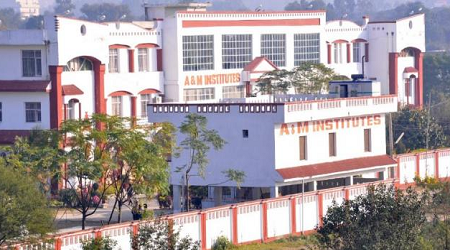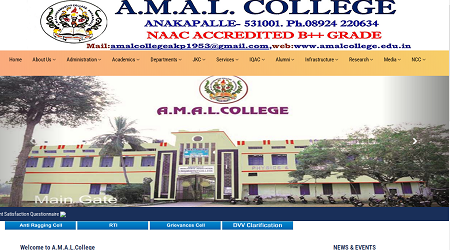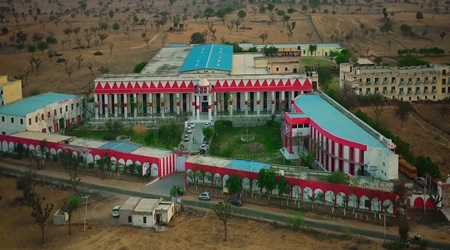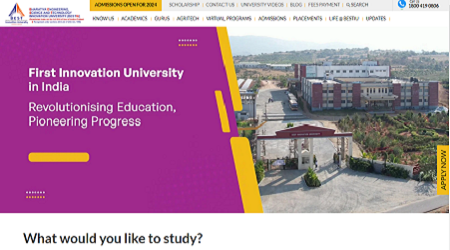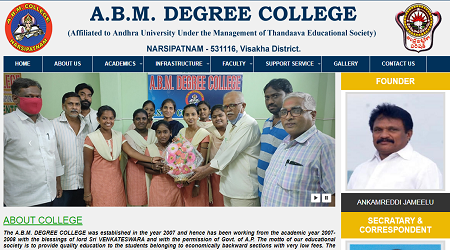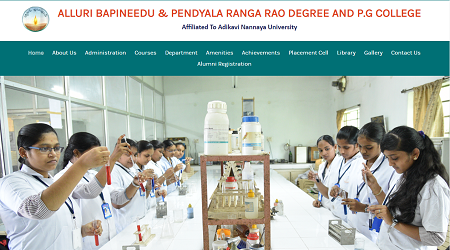Ph.D admission guidance
PhD – An Overview
Are you passionate about wisdom as well as having a clear interest in academics? If yes, then the right choice for you is none other than PhD. But the question arises, what PhD is and how can this one be obtained?
PhD is the abbreviation for Doctor of Philosophy. This is a degree, being either academic or professional that, in most countries, gives qualification to the degree holder to lecture on their chosen subject at university level or to vocation in a specialized job field in their position.
THREE_BUTTON
‘Philosophy’ is a word that originates from the Ancient Greek word ‘philosophia’, literal meaning being ‘love of wisdom’. Originally, it gave attention to an individual who achieved a comprehensive general education in the existing world’s fundamental issues. Presently, the Doctor of Philosophy is still in the requisition of a passion for wisdom but is applicable to individuals who have practical knowledge in a much more specific or specialized field.
PhD – An In-depth View
A globally recognized postgraduate academic degree of PhD is awarded by universities and other institutions offering higher education to a student who has made a submission of a thesis or dissertation, on the basis of his or her extensive and original research in their chosen field. The PhD degrees specificities are variable as dependent on where and what subject is being studied by you.
Generally, nevertheless, the PhD is the degree of the highest level as achievable by a student (but some exceptions apply). Usually, it comes after a master’s degree, even though some institutions give permission to students to straightway go for a PhD degree program, right after their graduation. Some institutions even proffer the opportunity for the upgrade or fast-tracking master’s degree to a PhD, with a condition that you need to possess the relevant grades, knowhow, skills as well as abilities to do research.
PhD comprises three to four years of study on a full-time basis wherein the student accomplishes an extensive piece of original research by dissertation or thesis. Some programs of PhD have acceptability of a published papers portfolio, whilst some countries have the requisition of coursework submission along with.
THREE_BUTTON
Students are even having the requisition of the accomplishment of ‘viva voce’ or oral examination of their PhD. This is just within a minor number of examiners or facing a huge examination panel (both usually lasting between one to three hours). Whilst PhD students have to analyze on campus under close supervision, correspondence or distance education have led to the growth in the number of universities, which now are accepting PhD students on a part-time and distance-learning basis.
Admission Requirements to Enter into a Ph.D. Program
In general, the admission requisitions for entering into a Ph.D. program have relation to the grades of a candidate at both bachelor’s and master’s level, usually along with their prospective capabilities to research. Most of the institutions have the requisitions of a candidate holding an honors degree or a master’s degree having high academic standing, besides a bachelor’s degree with at least honors at the upper second-class level. Referring to some cases, you can also go for a PhD just based on your grades obtained at the master’s level.
Some institutions stipulate that you ought to have a qualified professor as your formal advisor as well as supervisor in the course of your program of PhD before being accepted into the program, formally. Referring to other cases, you are bound to get a supervisor on the basis of your research subject and methodology once you have been given acceptance into the program of PhD.
In any way, approaching a faculty member in your chosen institution is a good idea prior to the application for a PhD, consecutively for them to make a determination of whether your research curiosities are well aligned with the department, and maybe even provide you assistance in brainstorming PhD options of research.
Applications for Entering into PhD Program
- Employment or Academic References: Some institutions may demand your employment record like a detailed CV, and/or all your academic transcripts that comprise details of your undertaken course modules as well as module content as your PhD application part. Details of other projects that are research based, which you have formerly undertaken and any publications in which you have been featured are also helpful in your PhD application.
Many applicants of PhD have to provide references from two or three people academically known to them very well, like their tutors or professors at undergraduate or postgraduate level. These references ought to have a specific concentration on your performance in academics, coursework and capabilities of doing research, your prospective of doing research as well as your interest in your chosen study field.
- Research Proposals for Ph.D.: In the end, for the purpose of being in consideration for placement on a Ph.D. program, candidates or applicants are anticipated to do a submission of a PhD research proposal. PhD research proposal elucidates the below-mentioned:
- Outlining of your proposed research topics with reference to your former work.
- Highlight your awareness of the existing debates within the field.
- Demonstration of a suitable analysis level.
- Identification of appropriate gaps in the existing knowledge.
- The suggestion of an appropriate research theory for filling up some of these gaps.
- Explanation of your intentional research methodology sufficiently as well as detailed.
- Discussion of the consequences to realistic terms policy that may be invited by your Ph.D. proposal.
THREE_BUTTON
This is bound to assist tutors towards the assessment of your propensity for doing Ph.D. research, as well as even to ascertain whether your research concentrations have alignment with their own research priorities as well as accessible facilities. Also, they will be taking into account whether they have the significant staff for the provision of sufficient supervisory expertise to you.
Read More
Latest News & Updates
- Best Computer Science Degrees That Lead to High Paying Jobs
- The Role of Reccomendation Letters in College Admisssions
- Best Practices for Preparing for Entrance Exams Alongside School Studies
- Vocational Courses vs Academic Degrees: Which One Suits You?
- Why Liberal Arts Programs Are Gaining Popularity in India
- How to Write an Impressive College Application Resume
- A Guide to Sports Quota Admissions in Indian Universities
- Guide to Law School Admissions in India: Key Dates and Tips
- Tips for Nailing Your College Interview: What to Exapect
- How to Prepare for the UGC NET Exam: Syllabus and Tips
Top Courses
- BACHELOR OF SCIENCE IN YOGA AND NATUROPATHY
- BACHELOR OF TECHNOLOGY IN SOFTWARE ENGINEERING LATERAL ENTRY
- BACHELOR OF SCIENCE IN MICROBIAL & FOOD TECHNOLOGY
- BACHELOR OF ARCHITECTURE
- BACHELOR OF SCIENCE HONOURS IN PHYSIOLOGY
- MASTER OF BUSINESS ADMINISTRATION IN ENERGY MANAGEMENT
- BACHELOR OF COMMERCE IN MANAGEMENT
- BACHELOR OF ARTS HONOURS IN LIBERAL ARTS AND HUMANITIES
- BACHELOR OF BUSINESS ADMINISTRATION IN RETAIL BUSINESS MANAGEMENT
- BACHELOR OF SCIENCE IN BIOTECHNOLOGY AND BIOINFORMATICS

